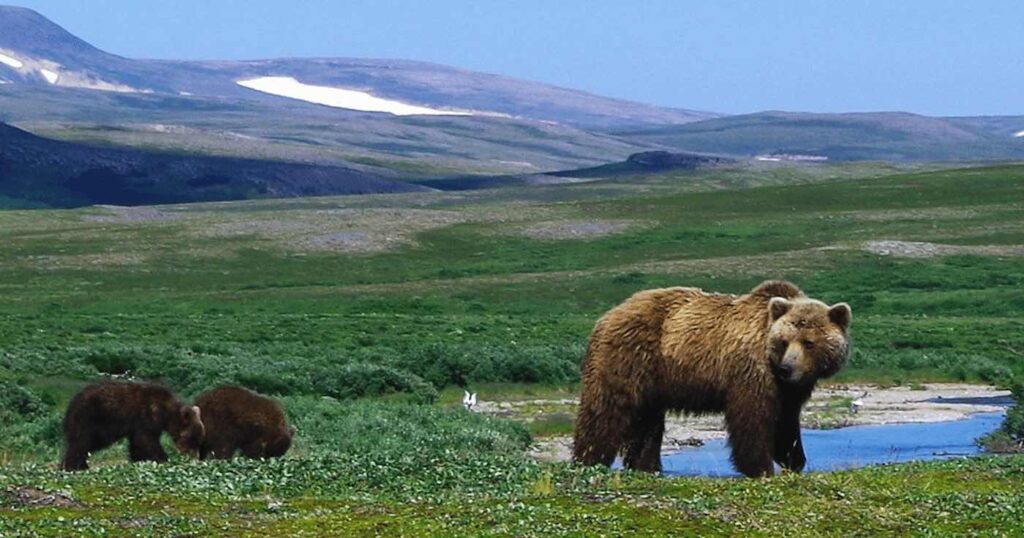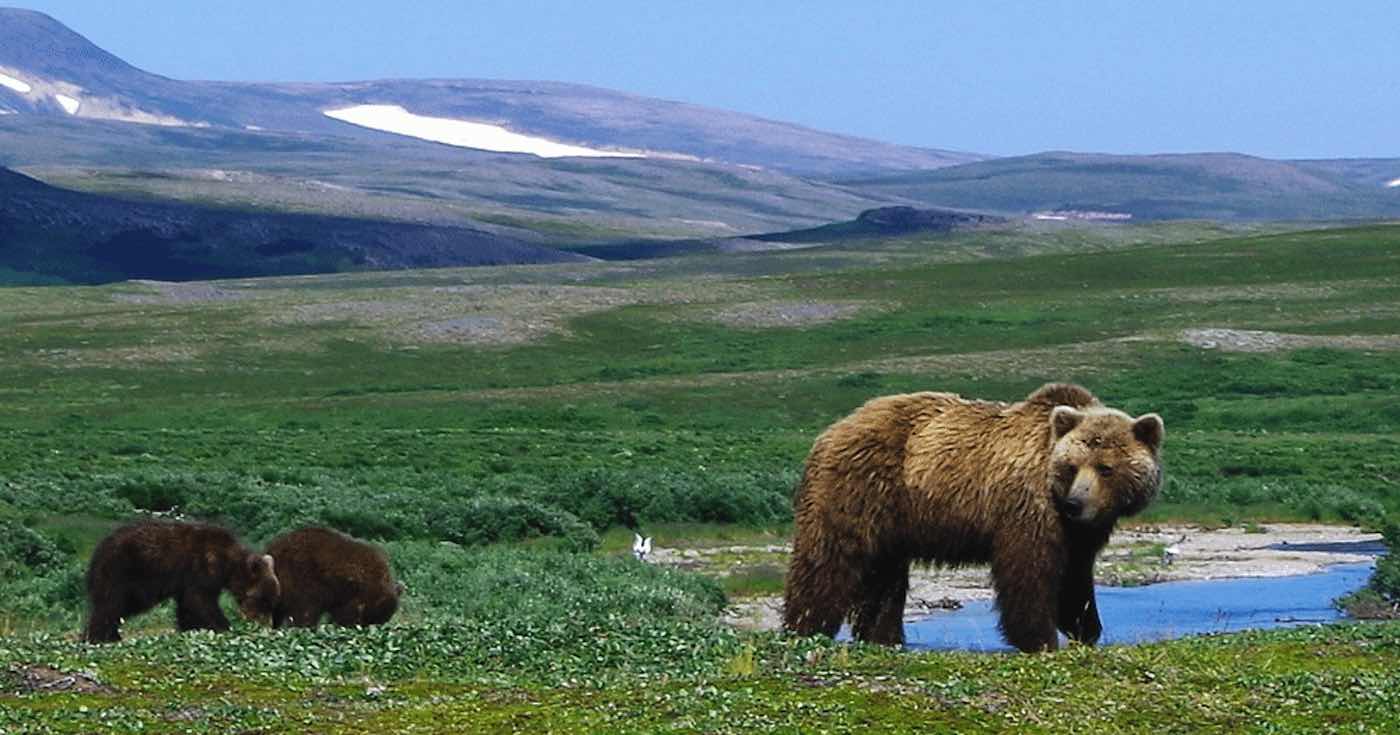To the relief of millions of Americans, the Army Corps of Engineers on Wednesday blocked approval for the Pebble Mine project in Alaska, potentially ending a decades-long battle over the health of a major salmon fishery.
The agency concluded that “the proposed project is contrary to the public interest” and blocked the approval of the mine under the Clean Waters Act and the Rivers and Harbors Act.
The debate over Pebble Mine with its massive copper and gold reserves located near Bristol Bay in southern Alaska has been ongoing since feasibility studies were conducted in 2008. The mine has come to almost epitomize environmentalists’ struggle to protect ecosystems against the will of the federal government.
Environmentalists, sportsmen, fishing industry unions and their lobbyists have repeatedly warned that the immensity of the mine would devastate the Bristol Bay and Bristol River salmon run.
Containing the world’s largest salmon run and the world’s largest sockeye salmon fishery, all five species of Pacific salmon frequent Bristol Bay and its eight tributary rivers. Along with herring, these populations account for 75% of local jobs, over $200 million annually in revenue, and 40% of the nation’s total salmon catch.
The mine would likely have been as deep as the Grand Canyon, providing access to the world’s most valuable undeveloped copper resource, but extracting the metal could have produced enough waste to fill an NFL stadium nearly 3,900 times, according to the Associated Press.
“The Corps’ denial of the permit for the Pebble Mine is a victory for common sense,” said Chris Wood, president of Trout Unlimited. “The opposition to this project from all corners of the political spectrum runs strong and deep. The process has played out, and the science is clear. There is no way this ill-conceived project can coexist with Bristol Bay salmon,” said the group, according to the nonprofit, Save Bristol Bay.

A close call
The Army Corps of Engineers released an environmental report in July that said the mine and the fisheries could coexist, claiming that under normal working conditions the mine “would not be expected to have a measurable effect on fish numbers and result in long-term changes to the health of the commercial fisheries in Bristol Bay.”
Strangely, just a month later the agency found that discharges at the mine would result in “unavoidable adverse impacts to aquatic resources,” and submitted a checklist of required steps to mitigate this process.
POPULAR: World’s Biggest Wildlife Crossing Will Protect Animals From Drivers on the 101 in Los Angeles
Eventually though, the application was denied, even though the mine contains 6.44 billion tons of both precious metals like gold, silver and palladium, and valuable minerals like copper and molybdenum.
Donald Trump Jr. pointed out earlier in the year that he hoped his father would deny the mining application, saying that “as a sportsman who has spent plenty of time in the area, I agree 100%. The headwaters of Bristol Bay and the surrounding fishery are too unique and fragile to take any chances with.”
Other republicans such as Alaska’ two republican senators, Lisa Murkowski, who also chairs the Senate Committee on Energy and Natural Resources, and Dan Sullivan, both agreed that Pebble Mine is better off unbuilt.
LOOK: Rare Turtles Known For Their Permanent Smiles Saved From Extinction in Myanmar
“It will help ensure the continued protection of an irreplaceable resource — Bristol Bay’s world-class salmon fishery,” said Murkowski, according to AP.
SHARE The Victory For Wildlife With Your Tribe on Social Media…




















